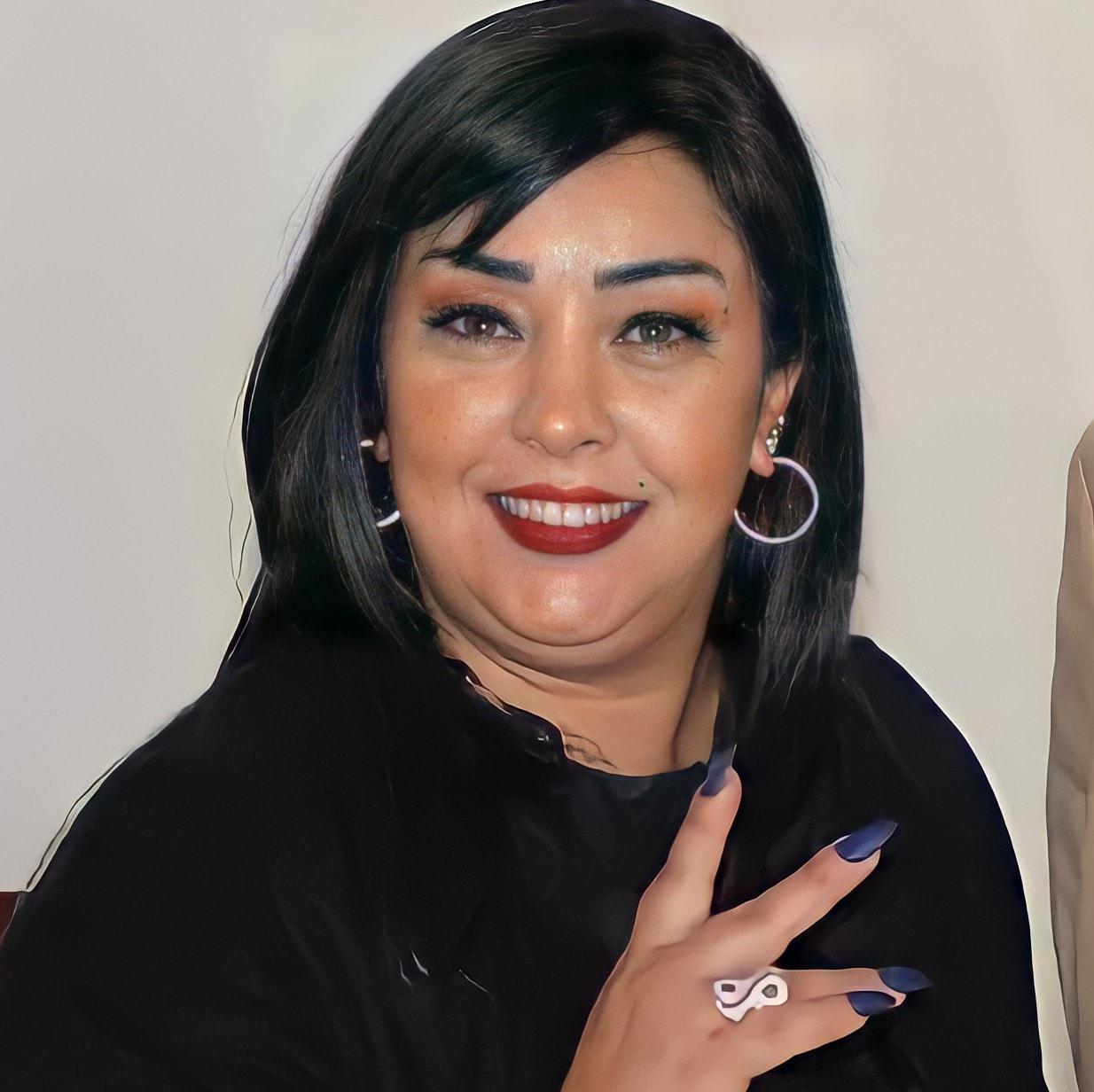Cheba Dalila
 DZAMiddle Eastern, Arabic Folk, Arabic Pop
DZAMiddle Eastern, Arabic Folk, Arabic Pop

 DZAMiddle Eastern, Arabic Folk, Arabic Pop
DZAMiddle Eastern, Arabic Folk, Arabic PopCheba Dalila is a musician from the Middle East who was raised in Oran, Algeria. Her music has a strong Arabic folk music influence, which she skillfully incorporates into different genres. A superb performer, Dalila is renowned for her distinctive singing style that perfectly encapsulates traditional Algerian music. Her music is full with cultural allusions, which makes it a reflection of who she is.
Algeria's rich history and culture are beautifully captured in Dalila's music. Her songs are relatable to her fans because she sings about societal issues, love, and life in general. Her songs are deeply moving and showcase her love for what she does. Dalila is a forerunner in the Algerian music scene thanks to her flawless fusion of traditional and modern sounds.
In conclusion, Cheba Dalila is a gifted musician from the Middle East who has had a big influence on the music scene in Algeria. She has become a fan favorite due to her distinctive style and expressive delivery. Her work is an amazing must-listen for anyone interested in Arabic folk music, since it perfectly captures Algeria's rich cultural past.
Cheba Dalila is an Algerian Middle Eastern and Arabic folk artist who has created a number of well-known songs that are sure to please music fans around. Among her most well-known songs are "Je te quitte," "3achkek Ma Dere Fia," "Lettre a mon fils," "La Faute Machi Fik," "Choufou Rwahkom Ki Dayrin Medahatte," "Tahseb Ghi Howa Bnadem," "Meriouli," "Mach9ach Takhreb Fiya Nta Brouhek Lawliya,"
"Je te quitte," a touching ballad about heartbreak and moving on, is one of Cheba Dalila's most cherished songs. Her passionate voice and talent for expressing intense emotions via music are on full display in the song. "Lettre a mon fils," a moving ode to a mother's love for her kid, is another well-liked song. Cheba Dalila's voice are complemented in this song by traditional Middle Eastern instruments, which results in a lovely and melancholy tune.
More lively and danceable songs by Cheba Dalila include "Choufou Rwahkom Ki Dayrin Medahatte" and "Tahseb Ghi Howa Bnadem." These songs' upbeat rhythms and enticing hooks will definitely get listeners moving. Overall, Cheba Dalila's music honors Arabic and Middle Eastern folklore, and the music industry loves her for her distinctive voice and sense of style.
The Middle Eastern and Arabic folk musician Cheba Dalila from Algeria has published her newest album, "Hessou Biya." The album, which was released in 2020, features Cheba Dalila's distinctive approach of fusing contemporary sounds with traditional Arabic music. Songs like "Dertiha Wjiti Tsamhi," "Acheki Fi Khatri," and "Hessou Biya," which are the perfect fusion of traditional and modern music, are included on the CD.
In addition to her most recent album, Cheba Dalila also dropped a number of singles in 2023. There are plenty of them, such as "mdwrwsh bSwlHy," "Ya Lkhawi," "Malgre El Nia Zina," and "Goulhali." Her fans have responded well to these tunes, which also highlight her artistic range.
The 2016 release of Cheba Dalila's first album, "Des le debut achaktek," was likewise a tremendous hit. There were songs on the CD like "Achaktek Ana," "Makanch Kifach," and "Khalini Nrouh." Her place as one of the top performers in the Middle Eastern and Arabic Folk music industry was reinforced with the album, which demonstrated her talent for writing songs that connect with her listeners.
In conclusion, Cheba Dalila's most recent album and songs are proof of her artistic ability and inventiveness. She has a devoted following thanks to her talent for fusing traditional Arabic music with contemporary sounds, and she is still a major player in the Middle Eastern and Arabic Folk music scene.
A number of musicians have worked with Cheba Dalila, an Algerian performer of Middle Eastern and Arabic folk music, to create some of her most popular songs. "Lettre a mon fils," a song she made with DJ Hamida and Lbenj, is one of her most well-known collaborations. Due to its catchy beat and sentimental lyrics, the song has accumulated millions of views on YouTube and has become a fan favorite.
On the song "La Faute Machi Fik," CHEB HOUSSEM and I also worked together in a noteworthy way. The vocals of Cheba Dalila accompany the rap lyrics of CHEB HOUSSEM in this song, which combines traditional Middle Eastern music with contemporary pop music. The song has received positive reviews from listeners, and the music video has received over 20 million views on YouTube.
Last but not least, Cheba Dalila collaborated with CHEB AMINE 31 on the song "Mimti," which demonstrates her capacity to sing with vigor and feeling. Cheba Dalila's voice dominates the song, which has a mellow and melodious rhythm. Fans have complimented the duet for its lovely lyrics and soulful voice, and the music video for it has received over 10 million views on YouTube.
Although Cheba Dalila and HOUARI DAUPHIN's collaborations on "'Tytk qlby m rHmtny" and "Alache Haka Ghbentini" are remarkable as well, the aforementioned collaborations stand out because of their appeal and favorable reviews. Overall, Cheba Dalila has demonstrated her versatility as a musician by skillfully fusing traditional Middle Eastern music with contemporary pop.